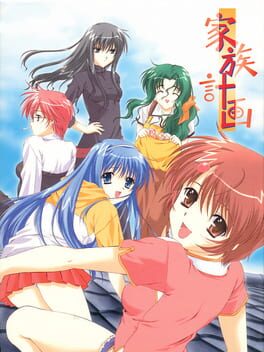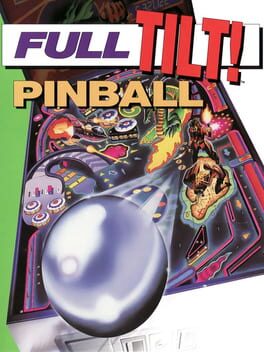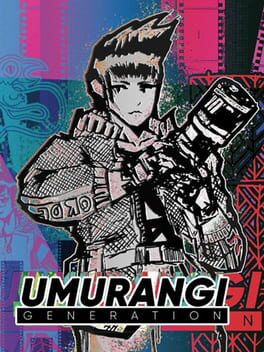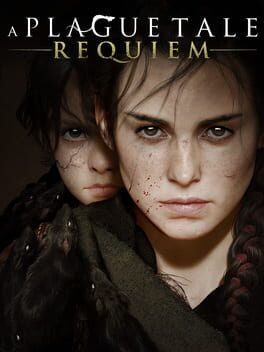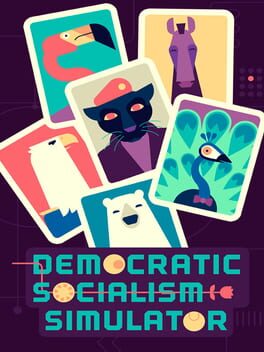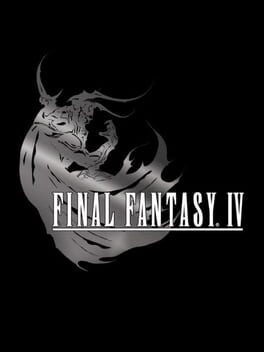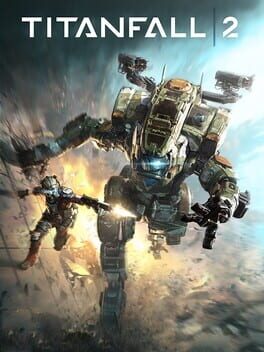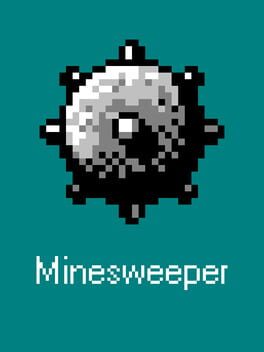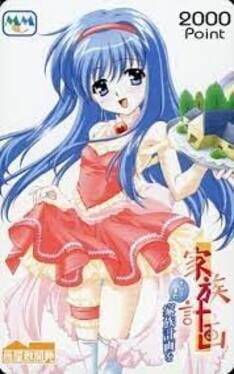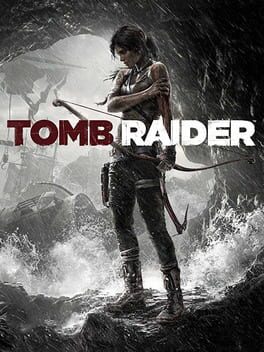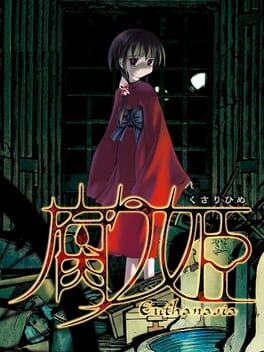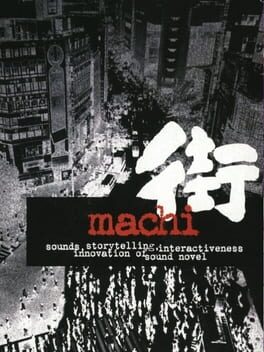mintcake
2001
Kazoku Keikaku has the making of a great TV show: downtrodden of the society making a living by relying on each other. They call them a family knowing it won't last, but that doesn't stop them from forming trust and bondage. All characters have different background and personalities, and specifically, weaknesses that can only be covered by other members of the family, as well as traumas that can only be healed by the right man, you.
This game touches a part of Japanese society that very few games dare try. Persona 5 and Yakuza series like to present themselves as a gateway to Japan's dark side, but they can't deal with organized crime, drug, prostitution, human trafficking, fraud and the scariest of them all: economic crisis, in the same visceral way (partly due to age rating). Between the gags and lovey-dovey, they game lays bare the tragic pass of each character. It's so plausible, like things you'd heard from local news. It hits you like a truck when you realize there are people out there just like characters in this game, but they are not as lucky as they don't have a family, even a fake one, to fallback to.
The only problem I have with this game is perhaps the limitation of the genre: sexual relation has to be the end goal of each story path even when it feels out of place and far less suitable then a sibling or even parental relation.
This game touches a part of Japanese society that very few games dare try. Persona 5 and Yakuza series like to present themselves as a gateway to Japan's dark side, but they can't deal with organized crime, drug, prostitution, human trafficking, fraud and the scariest of them all: economic crisis, in the same visceral way (partly due to age rating). Between the gags and lovey-dovey, they game lays bare the tragic pass of each character. It's so plausible, like things you'd heard from local news. It hits you like a truck when you realize there are people out there just like characters in this game, but they are not as lucky as they don't have a family, even a fake one, to fallback to.
The only problem I have with this game is perhaps the limitation of the genre: sexual relation has to be the end goal of each story path even when it feels out of place and far less suitable then a sibling or even parental relation.
1995
2019
A perfect game to chill and unwind. Great gameplay variety keeps the whole experience fresh. Slapstick comedy art style and animation alleviates the frustration of failure in surprising challenging levels. This game pays homage to various classic games by distilling their spirit into the most concise form, and imbuing them into the unique gameplay experience of its own without diluting its vision. The spitting level clearly inspired by LeChuck's Revenge? Pure bliss.
2020
I couldn't play the game for more than thirty minutes due to severe headache it induced. Near the end of the game, I finally realized I was supposed to repeatedly smash the jump button to jump higher. As you can imagine, my experience with the game was quite miserable. But there's something evocative about preserving the last generation of human on film. I've seen people say how angry this game is, but that's not the impression I got. Sure the graffiti paints a picture of confusion and desperation. But that's not what we are filming. Ours is the last stage of grief. Under the bleeding sky, people seem to be taking the looming doom quite well, either due to numbness or dignity, or maybe the facts that our friends are with us.
2007
All the signature Final Fantasy story-telling elements can trace their roots back to here. Character growth is not just an RPG mechanics anymore, but a vital narrative element, and often works together with the main story. Romance becomes a series staple. Villains are given more attention, and sometimes take on a new sympathetic side.
The soul crushing difficulty keeps the experience fresh for FF veterans, but it also can stump a newcomer. This was my first introduction to ATB system, and I was stumped.
Younger me had no problem with the 3D graphics. Older me appreciates it even more as this game has already got so many different 2D rendition.
The soul crushing difficulty keeps the experience fresh for FF veterans, but it also can stump a newcomer. This was my first introduction to ATB system, and I was stumped.
Younger me had no problem with the 3D graphics. Older me appreciates it even more as this game has already got so many different 2D rendition.
2016
You start as a nobody, a foot soldier, can barely slide. You enter the battlefield, and you see them: pilots. They move at the speed of light without ever touching the ground. They shoot, throw grenade, or kick at you from angles you least expect (usually above your head). Before you realize what's going on, they are in their titans, killing everything in their path. You are humbled, but you are also inspired. You want to be a pilot.
Titanfall 2 single player mode tells a story about Cooper. Titanfall 2 multiplayer mode tells a story about you.
Titanfall 2 single player mode tells a story about Cooper. Titanfall 2 multiplayer mode tells a story about you.
2013
2013
Obviously borrowed a lot of design from the Uncharted series, but this reboot gave something in return: the limited open area and RPG system added a new layer of exploration and survival element to the formula, which was later seen in The Lost Legacy and TLOU2. The emphasis is on "limited". It didn't try to be an open world collecthon with a thousand icons on the map, nor did it go full RPG with its crafting and leveling up. Such self-restraint is often missing in games from newer generation including its own sequels. It also didn't abandon its old trick of linear action sequence, something we see less and less due to criticism of not being "gamey" enough. As is shown here, the right amount of highly scripted sequences spice things up without making the players feel like they are on auto-pilot, especially when they are paired with other parts of the game that allow player freedom.
Erotic and terrifying in equal measure, Kusarihime induces a rush of blood in both directions. Raw emotions of lust, hate, regret and euphoria are distilled to their purest in this game, then subdued by an overwhelming nostalgia in the end. The story is rough around the edges, but as you peal away the time loop and step into the deepest desire of the heroines, you will be absorbed into it by the atmosphere and mystery. Too bad the little sister trope is front and center in this game as well, but in 2002, it was not as obnoxious as it is today.
Compared to 428, this game does not have an overarching thread that ties all the characters together. They cross path with each other, which is the base for the game's jump system, but ultimately each one reaches their own ending. While some might find this narrative structure not engaging enough, it does allow the game to explore a wider range of topics and styles. One second it's The Comedy of Errors, the next it turns into Kafka. It intrigues and bewilders, amuses and depresses, surprises and scares. It's unabashedly random and loose, and remains unique and fun for the same reason. It's 90s era Tokyo in videogame form.
All Xenoblade Chronicles 2 needed to reach true greatness was to strip off some bad designs such as the gecha system and questionable character design. Building on 1 and 2's legacy, Monolith Soft was a few steps away from perfection, and they did take those steps. Character designs are some of the best in modern JRPGs, boosted by colorful personalities and excellent voice acting. Previous redundant systems are scaled back or expunged. Even the writing gets some brushing up, especially in side quests. Yet, Xenoblade Chronickes 3 feels like a regression overall. The real time combat system tries to accommodate six playable characters and one helping NPC at the same time, which trivializes player input: after all, five sixth of the combat activities are under AI control. Map design, the pride of the series, gives way to vast flat landscape. The writing, while more than serviceable for a typical JRPG story, cannot carry the weight of the lofty theme that the game is trying to convey, and crumbles into belabored preaching. XB3 is self-indulgent to the point that when it runs out of meaningful things to say, instead of ending, it repeats everything it has said again.
